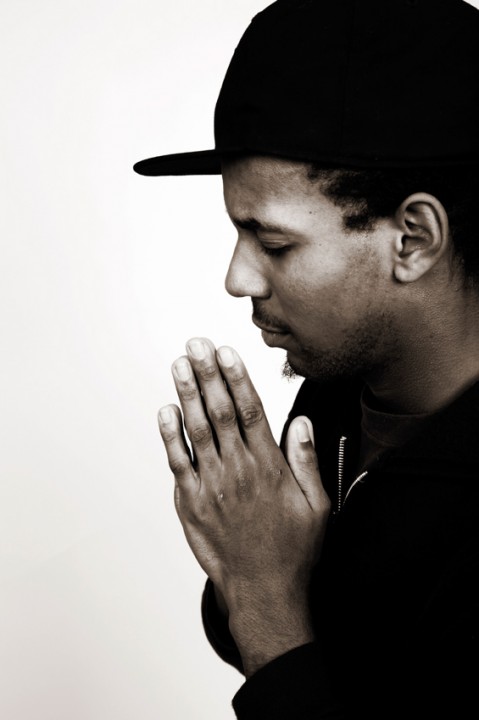In the intricate tapestry of Bahá’í teachings, the concept of praying in the name of love emerges as a transformative practice, imbued with profound significance. This approach not only fosters spiritual communion but also engenders a profound reorientation of one’s emotional and philosophical dispositions. Love, in this context, transcends mere affection; it embodies a divine force that catalyzes human connection, elevates the soul, and redefines our interactions with others and ourselves.
At the heart of the Bahá’í teachings lies the assertion that true love is a manifestation of divine attributes. It is not confined to romantic notions but extends its wings to encompass compassion, empathy, and a selfless commitment to the well-being of others. This perspective invites individuals to transcend the limitations imposed by societal norms and personal grievances, fostering a collective consciousness rooted in the principles of unity and brotherhood.
Understanding the role of love in prayer involves delving into the nature of divine communication. Prayer, as conceptualized within the Bahá’í framework, serves as a conduit through which individuals connect with God. When framed in the context of love, prayer transforms into an act of devotion that acknowledges the magnificence of the Creator while simultaneously invoking the sublime qualities of divine love. Such prayers are marked by sincerity and depth, reflecting a heart attuned to the higher realms of existence.
The Bahá’í teachings exhort individuals to approach prayer not merely as a ritualistic endeavor but as an intimate dialogue with the Divine. This perspective invites a fundamental shift in how one perceives worship. Instead of viewing it as a task or obligation, practitioners are encouraged to embrace prayer as an opportunity for profound self-reflection and personal growth. This shift releases individuals from the confines of mundane concerns, enabling a more holistic engagement with life’s complexities.
The transformative power of praying in the name of love is particularly evident when one considers its impact on interpersonal relationships. In a world teetering on the precipice of discord, the Bahá’í teachings remind us that love serves as a powerful antidote to strife. When individuals pray for love, they effectively cultivate an atmosphere characterized by understanding and mutual respect. This collective act of seeking love empowers communities to rise above divisions, fostering solidarity and communion.
Moreover, the act of praying in the name of love beckons a renewed understanding of forgiveness. Inherent in the practice of love is the capacity to let go of resentments and grievances. The Bahá’í writings emphasize that true love inspires individuals to transcend their egos, enabling a more expansive view of the human experience. This perspective resonates deeply in an era marked by polarization and division, prompting individuals to consider the potential for reconciliation and healing.
As one immerses themselves in the practice of love-based prayer, the intricacies of spiritual growth reveal themselves. Each moment spent in sincere supplication cultivates a deeper awareness of one’s spiritual essence. This heightened consciousness taps into the wellspring of divine love, facilitating personal evolution towards virtues such as humility, kindness, and patience. These qualities, once nurtured within, naturally radiate outward, enriching interactions with family, friends, and the broader community.
Furthermore, the divine promise associated with praying in the name of love extends beyond the individual. Such prayers create a ripple effect, influencing not only personal relationships but also community dynamics. Groups that collectively engage in love-centered prayer create a resonance that fosters an environment conducive to peace and cooperation. This communal practice serves to strengthen bonds, instill a sense of shared purpose, and nurture collective aspirations.
The act of praying in the name of love also provides a fertile ground for contemplation and introspection. It invites individuals to explore their intentions, desires, and aspirations. This critical self-reflection allows for the identification of barriers that may hinder the expression of love in one’s life. As practitioners engage in this process, they may uncover deep-seated fears, prejudices, or misunderstandings that impede their capacity to love wholly. Such revelations catalyze personal transformation, leading to more authentic and meaningful connections.
Moreover, the Bahá’í teachings elucidate that love is not merely an emotional state but a conscious choice. Engaging in prayer cultivates the ability to choose love actively, even in challenging circumstances. This conscious decision-making empowers individuals to respond to life’s vicissitudes with compassion rather than hostility. The fruit of this practice bears immense potential for societal transformation, as individuals modeling love and forgiveness can inspire others to embrace similar values.
In conclusion, praying in the name of love, as espoused by the Bahá’í teachings, constitutes a multifaceted practice that encourages profound spiritual growth and community cohesion. By engaging in this sacred act, individuals can transcend personal limitations, foster deeper connections, and contribute meaningfully to the broader society. The transformative power of love, when harnessed through prayer, holds the potential to reshape our world, inviting a future defined by unity, peace, and understanding. Embracing love-centric prayers not only renews one’s spirit but also acts as a beacon of hope, illuminating the path towards a more harmonious existence.
